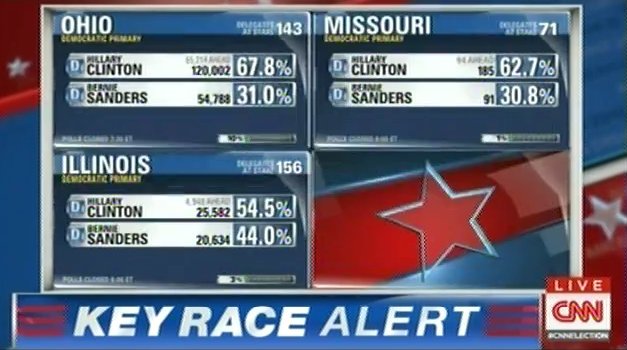 The American public as a whole is over-stimulated and easily bored and distracted, and therefore requires a level of excitement for its attention to be captured. I realize this is a broad and somewhat judgmental statement, but if you question it, take a look at your Facebook timeline or your Twitter feed and see if you can count all the Drake memes or cat pictures posted just today by your friends who were supposed to be working. Exhibit A was posted today by one of my Facebook friends, likely from her work computer:
The American public as a whole is over-stimulated and easily bored and distracted, and therefore requires a level of excitement for its attention to be captured. I realize this is a broad and somewhat judgmental statement, but if you question it, take a look at your Facebook timeline or your Twitter feed and see if you can count all the Drake memes or cat pictures posted just today by your friends who were supposed to be working. Exhibit A was posted today by one of my Facebook friends, likely from her work computer:This collective attention deficit and the thirst for excitement are why we love sports and reality shows. They capture our attention with competition, drama, a level of violence even, and we just eat it up. Fortunately for us, the media recognizes our short attention spans, and they know how to trick us into thinking we're watching a recap of the world's most over-the-top reality show when we're actually watching a news story about the election. The way they do this is through "framing," which essentially means focusing on a specific issue or telling stories in a certain way in order to influence the way stories will be heard.
"Horse race," "conflict," "candidate attributes" and "issue" are the frames on which media outlets typically rely. Horse race framing refers to the practice of covering a presidential campaign as if it was actually, as the name suggests, a horse race. This type of coverage focuses heavily on the competition, and often includes poll numbers. The draw here is clear, as this type of coverage is eerily similar to coverage of a sporting event- scores (polls) and all.
 Conflict framing is where the media gets to relive high school and gossip relentlessly about which of the drama queens are arguing this week; the drama queens in this case being the candidates for leader of the free world. This is where America gets its reality show fix in the presidential race. As an avid 'Bachelor' junkie, I recognize what they're trying to do here. "Tensions rise this week, as the candidates fight to win America's heart. Don't miss the jaw-dropping brawl between Donald and Ted. And next week, Hillary will dance for America's love! This could be the most dramatic season of 'The Presidency' yet! Sponsored by Twitter."
Conflict framing is where the media gets to relive high school and gossip relentlessly about which of the drama queens are arguing this week; the drama queens in this case being the candidates for leader of the free world. This is where America gets its reality show fix in the presidential race. As an avid 'Bachelor' junkie, I recognize what they're trying to do here. "Tensions rise this week, as the candidates fight to win America's heart. Don't miss the jaw-dropping brawl between Donald and Ted. And next week, Hillary will dance for America's love! This could be the most dramatic season of 'The Presidency' yet! Sponsored by Twitter." |
| Photoshopped for dramatic effect. |
The last frame, "issue", is unfortunately vastly underused in the 2016 race. This type of framing focuses on actual policy and issues which will face whoever is elected. One would think that this would be the most heavily discussed, as a president's policies and stances on issues are kinda important. This is not the case. I was able to find a total of one article focused on issues out of four media outlet websites, and that took some digging. The people want entertainment, and it's difficult to make policy exciting. Maybe if they blew up cars or had 100 puppies playing in the background? To be honest, though, that sounds extremely distracting. Oh, well. I tried. Here are some puppies!
 |
| Animal rights activists, calm down. They're rescues. |












